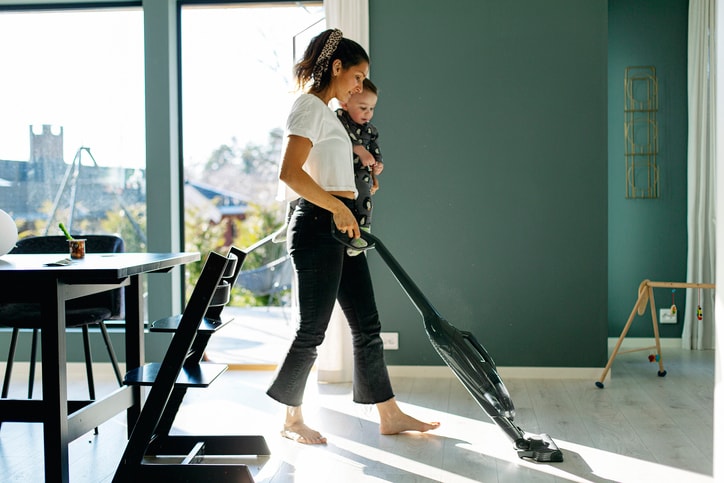You polished your profile, wrote a strong cover letter and submitted an application for an ideal caregiving job. But what now?
Don’t sit back, cross your fingers and hope for the best. Keep your name at the top of an employer’s mind — and inbox — by following up.
Joelle Castro of Care.com and Scott Vedder, recruiter and bestselling author of “Signs of a Great Résumé,” offer their tips on how to follow up with families and businesses looking for a caregiver, including how long you should wait and what you should say.
Note: To send a follow-up message to someone you’ve already emailed through Care.com, go to your “Sent Items” folder under “My Messages.” If you click on the message thread between you and the person, you’ll be able to send them another message.
After You Apply
Once you submit a job application through Care.com, here’s some advice on following up with the person hiring.
- Timeline: If, after a week you have had no response to your application, “I’d definitely recommend sending a follow-up message,” Castro says.
- What to Say: A professionally worded message is always appropriate. In your follow-up message, re-introduce yourself and restate your qualifications and why you’re a perfect fit for this job. End your message by expressing your desire to present your qualifications during an interview.
- Why it’s important: Following up on your application is the extra step that will let potential employers know you’re genuinely interested in the position. And it may help your application rise to the top of the pile as the process of scheduling interviews begins.
After You Interview
You’ve made it to the interview stage — congratulations! But what should you do once the in-person or phone interview is over?
- Timeline: Immediately and again after one week.
- What to say: “After interviewing with a family for a job as a caregiver or as an employee for a business, send a customized thank you note immediately after the interview, ideally the same day,” Vedder says. He believes a handwritten note is the best choice, as it “may help show how personally invested you’ll be as a caregiver or employeee.” Close the note with a statement that invites future interaction, such as “I am looking forward to hearing from you soon.” If you don’t hear anything, send another follow-up message one week later.
- Why it’s important: Engaging the family or company this way will show them you’re sincere in your desire to help them, and it will help you stand out from other candidates.
4 Additional Tips to Keep in Mind
Whenever you follow up with a potential employer, remember this advice.
-
Check Details
Your follow-up messages are just as important as your profile and job application, and you should treat them with the same care. Read over the text to make sure it’s clear, in proper English and free of spelling and grammar mistakes. Did you spell the employer’s name (and the names of any children, elderly relatives or pets) correctly? -
Stay Formal
When you first apply to a job on Care.com, you may only know the employer’s first name — or no name at all. You should still address any messages formally, starting them with “Dear Anna” or “Dear Employer.”Once you hear from the family and find out their last name, use it — along with any formal titles (like Dr., Mr., Mrs. or Ms.). This shows respect and demonstrates that you’re a professional. Only use first names if the family asks you to.
-
Make it Personal
These messages shouldn’t be generic ones that you could send to anyone. They should be specific to the job you’re applying for. If a family or company is looking for a pet sitter, share your favorite local dog park.Once you know the children’s names, use them in your letters and mention any personality traits or interests you learned about. This will show you value each child as an individual.
Vedder suggests writing something like: “After speaking with you about Johnny’s interest in art, I remembered that I had a few great paint-by-number books at home. With your approval, I’d love to help him explore painting as a fun activity.”
-
Expand on Your Conversation
Once you’ve met or spoken with a family or business, use the follow-up note to add more details about something you discussed or a part of your background the family or company seemed interested in or hesitant about. “Your thank you note and follow-up message are great opportunities to show additional ways in which you can add value as a caregiver,” says Vedder.Think over the questions you were asked in the job description, in an email or during the interview. Expand on the answers you gave and talk more about how you can fill this family or business’ unique needs. This shows potential employers that you pay attention to details and helps you stand out as a superior applicant.
Gillian Burdett is a freelance writer. Her work can be found on here.

